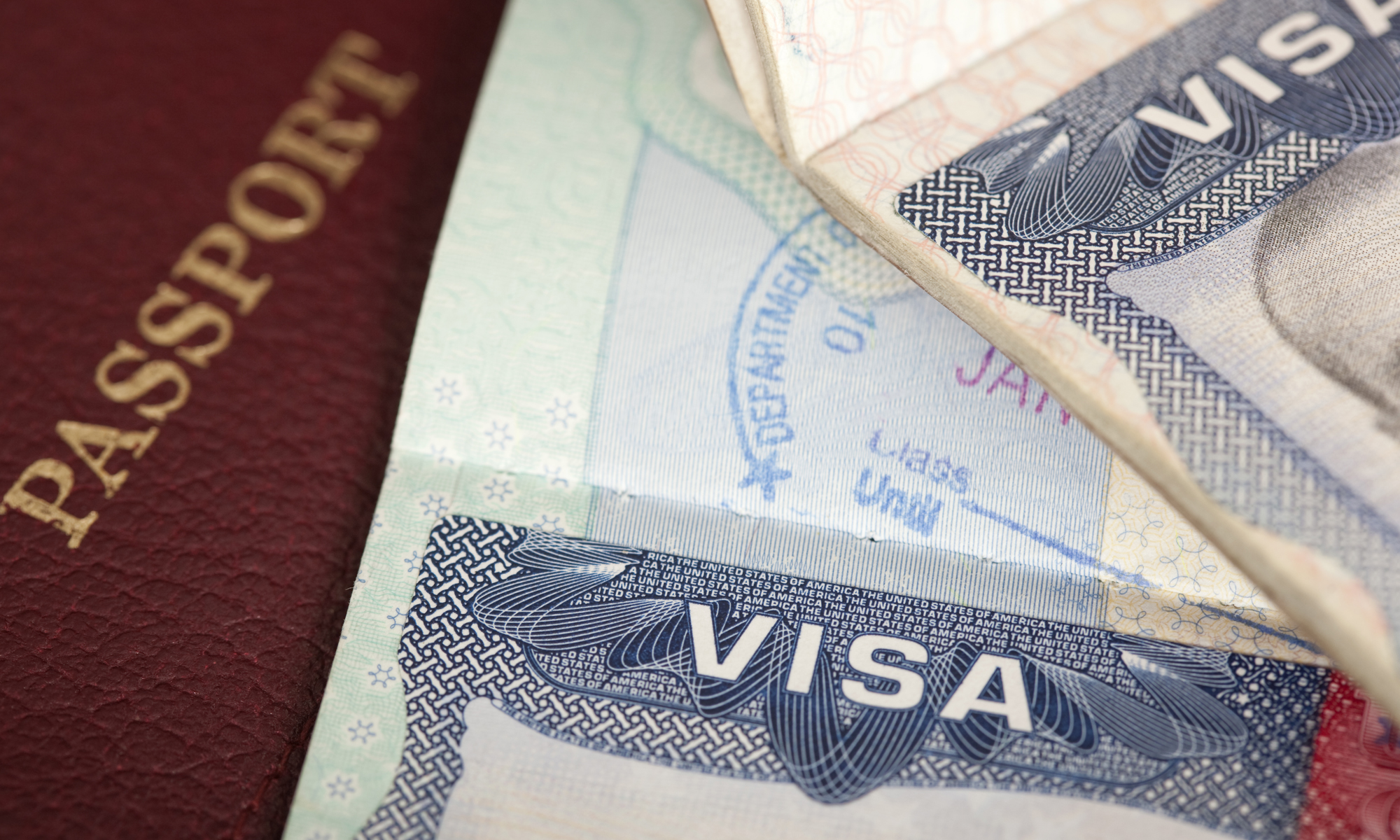After three years with no increase, Premium Processing fees for all USCIS forms will increase on February 26, 2024. Any Form I-907 requests for premium processing arriving at USCIS on or after that date will need to be submitted with the higher fees. Continue reading “USCIS Premium Processing Fees going up on February 26, 2024”
New Year, New Opportunities: Trends and Upcoming Developments in Immigration Law
2023 saw the rollout of a litany of administrative, regulatory, and executive updates and changes that touch virtually all aspects of the U.S. immigration system, with the impact of these changes expected to be felt in full force in 2024. Employers who engage in routine visa sponsorship, skilled immigrants with extensive experience in their respective fields, entrepreneurs, and investors all stand to benefit from many if not all of these changes and are well served by familiarizing themselves with these policy and regulatory changes, updated immigration trends, and the new opportunities they present. Continue reading “New Year, New Opportunities: Trends and Upcoming Developments in Immigration Law”
USCIS Suspends Premium Processing for all I-129s and I-140s
USCIS announced at 2:19 PM on 3/20/2020 that Premium Processing services for I-129 (E-1, E-2, H-1B, H-2B, H-3, L-1A, L-1B, LZ, O-1, O-2, P-1, P-1S, P-2, P-2S, P-3, P-3S, Q-1, R-1, TN-1 and TN-2.) and I-140 (EB-1, EB-2 and EB-3) is suspended temporarily. Like many of us, USCIS service center operations have gone remote, so it is impossible for the agency to keep up with the demand for premium processing of applications. Continue reading “USCIS Suspends Premium Processing for all I-129s and I-140s”
USCIS Regulatory Proposals Aim to Improve Immigration Process for High-Skilled Foreign Workers
The White House is continuing to slowly roll out many of the 2014 promised changes to improve the U.S. immigration system. New regulations, published in the Federal Register on December 31, 2015 seek to modernize and improve certain employment-based immigrant and nonimmigrant visa programs for high-skilled foreign workers. Benefits to participants in those programs would include improved processes for U.S. employers seeking to sponsor and retain immigrant and non-immigrant workers; greater stability and job flexibility for such workers; and more transparency and consistency in the application of DHS policy.
Many of these changes are aimed at improving the ability of U.S. employers to hire and retain high-skilled foreign nationals who are already the beneficiaries of approved employment-based immigrant visa petitions and are waiting to become lawful permanent residents (LPRs), while also increasing employment flexibility for such workers. The proposed regulations would increase the ability of such workers to further their careers by accepting promotions, making position changes with current employers, changing employers, and pursuing other employment opportunities in the U.S. job market.
Some of the highlights of the proposed rule include:
Improved Job Portability with an Approved I-140:
The proposed rule would limit the grounds for automatic revocation of approved I-140 Petition for Immigrant Worker. Once an I-140 has been approved for 180 days or more, it will still be valid for purposes of retaining one’s priority date and extending one’s H-1B status, even if the employer subsequently withdraws the petition or the employer’s business shuts down. The exception to this rule would be cases of fraud, misrepresentation, and a few other limited situations.
One-Time Grace Periods
The proposed rule would authorize a one-time grace period for certain nonimmigrant workers of up to sixty (60) days after employment ends, or until the existing validity period ends, whichever is shorter. This grace period would apply to those in H-1B, E, L-1, and TN status. Similar flexibility already applies to F-1 nonimmigrant students and j-1 nonimmigrant exchange visitors.
Eligibility for Employment Authorization in Compelling Circumstances
The proposed rule would allow certain high-skilled individuals in the United States in H-1B, H-1B1, L-1, O-1, or E-3 nonimmigrant status who are the beneficiaries of an approved I-140 petition to apply for one year of restricted employment authorization if they:
- are unable to adjust status due to visa backlogs; and
- can demonstrate “compelling circumstances” which justify issuing an employment authorization document.
At this time, DHS has not defined the term “compelling circumstances,” however the proposed rule offers possible examples such as serious illnesses/disabilities or cases of employer retaliation. Accordingly, this benefit will likely only apply in very limited circumstances.
Automatic Extensions of EAD Work Authorization in Certain Circumstances
The proposed rule would amend the way USCIS processes applications for employment authorization to help prevent gaps in work authorization that are problematic for foreign nationals and their U.S. employers. Specifically, DHS is proposing to repeal the current regulations that require the issuance of interim EADs if the I-765 application for work authorization (“EAD”) has been pending more than 90 days. Under the new rule, USCIS will automatically extend the EAD for up to 180 days upon the timely filing of a renewal application for applicants who meet certain requirements. To be eligible for this benefit, the renewal application must be based on the same employment authorization category as the expiring EAD, among other requirements.
The proposed rule also clarifies various policies and procedures related to the adjudication of H-1B petitions, including extensions of status, determining cap exemptions, and counting workers under the H-1B visa cap.
USCIS is seeking public comment on the proposed rule through February 29, 2016. The proposed changes would take effect on the date indicated in the final rule once it is published in the Federal Register.
Special thanks to Christina Haines, Esq. for her assistance with this blog post.
